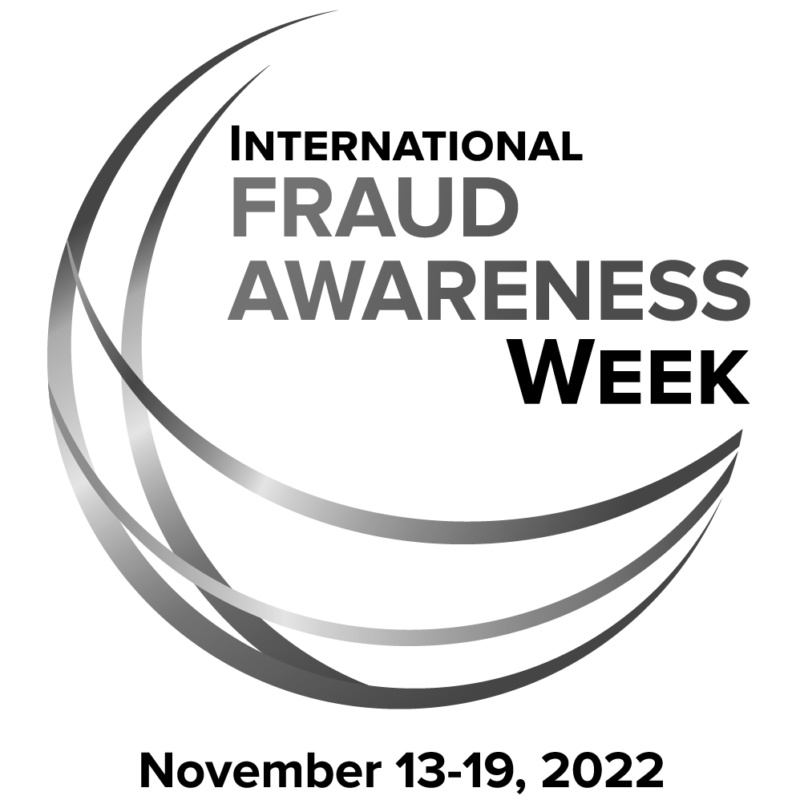This week (November 13-19, 2022) is International Fraud Awareness Week. The Association of Certified Fraud Investigators (ACFI) has held the event every November since 2000 to help “minimize the impact of fraud by promoting anti-fraud awareness and education.”
The week sees companies and organisations worldwide come together to raise awareness and hold training. The ACFI provides excellent resources, including videos and infographics, to support this activity.
One video features the confessions of two convicted fraudsters — former banker Gary Foster who, in 2011, served seven years for embezzling $22M from Citigroup, and Andrea Baxendale, who served nine months for stealing $400k from a small family-owned manufacturing business. The video is insightful as the pair explain their motivations and rationalisations for their crimes.
Preventing fraud in organisations is challenging. Bell and Whaley (1991) suggest, “A word to the wise is seldom sufficient.” — i.e., telling organisations and their employees to be wary of fraud does little to change their thinking or behaviour. Notably, the ACFI uses a variety of innovative approaches to enable engagement and encourage behaviour change. Initiatives include various educational and training programmes, quizzes, interactive documents, stories and case studies, surveys, internal and external audits, the establishment of hotlines and fraud reporting systems, and various other internal organisational measures.
Fraud, like all crime, requires the presence of the ‘categorical trinity’ — means, motive, and opportunity. Fraudsters often employ deception to hide, disguise, or take attention away from each category, rendering their fraud harder to detect and unpick. An understanding of deception and counterdeception could significantly bolster and extend the counter-fraud toolkit.
References
Bell, J. B., & Whaley, B. (1991). Cheating and Deception. Transaction Publishers. p.327.


